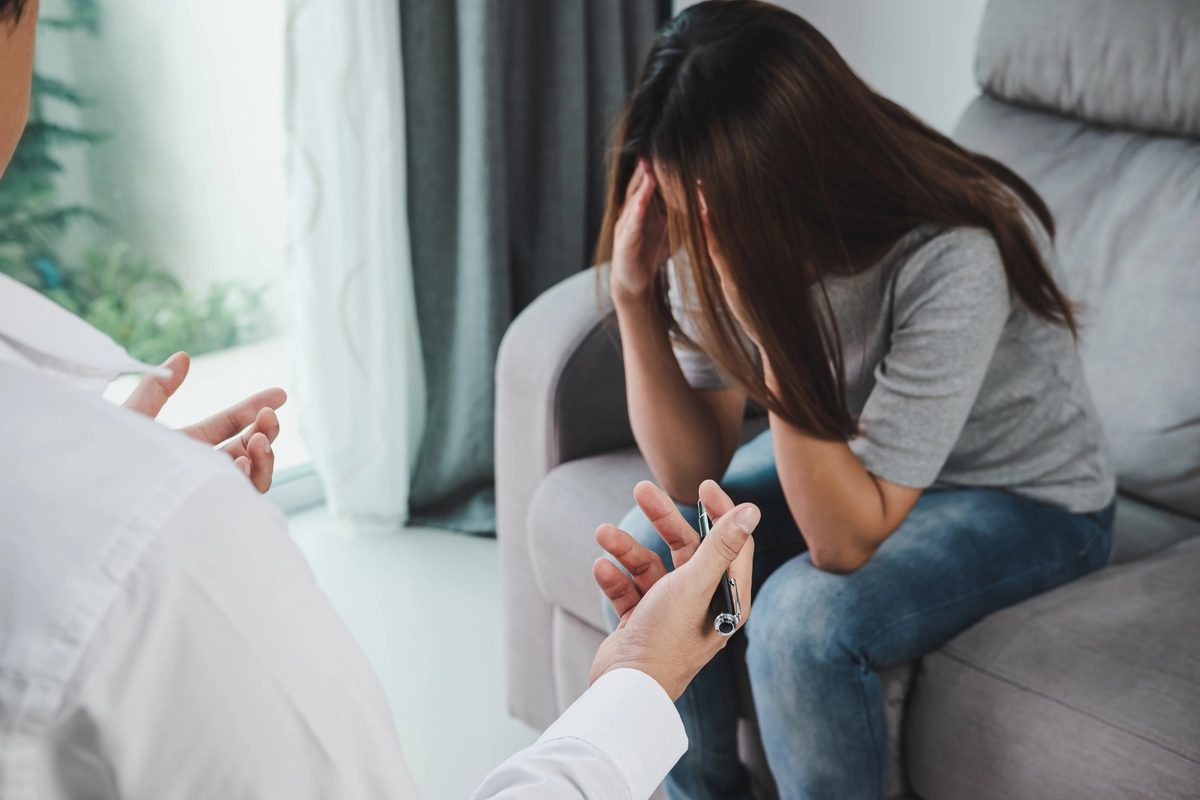24/7 Helpline:
(866) 899-221924/7 Helpline:
(866) 899-2219
Learn more about Opioid Rehab centers in Union County

Other Insurance Options

Magellan Health

Kaiser Permanente

Self-pay options

Health Net

Excellus

Optima

UMR
Beacon

Covered California

Highmark

WellCare Health Plans

PHCS Network

Group Health Incorporated

Regence

Private insurance

EmblemHealth

Health Partners

BlueCross

Optum

Providence

Northern Hills Alcohol and Drug Treatment
Compass Point is a non-profit rehab located in Sturgis, SD. Compass Point specializes in the treatme...

Compass Point
Compass Point provides prevention, intervention, and treatment services in the Northern Black Hills....

River Valley Behavioral Health
River Valley Behavioral Health is an outpatient clinic that provides behavioral health services, sub...

Counseling Center
Counseling Center is a private rehab located in Morganfield, Kentucky. Counseling Center specializes...

Michiana Addictions Prevention
Michiana Addictions Prevention is a private rehab located in Sturgis, Michigan. Michiana Addictions ...













































































